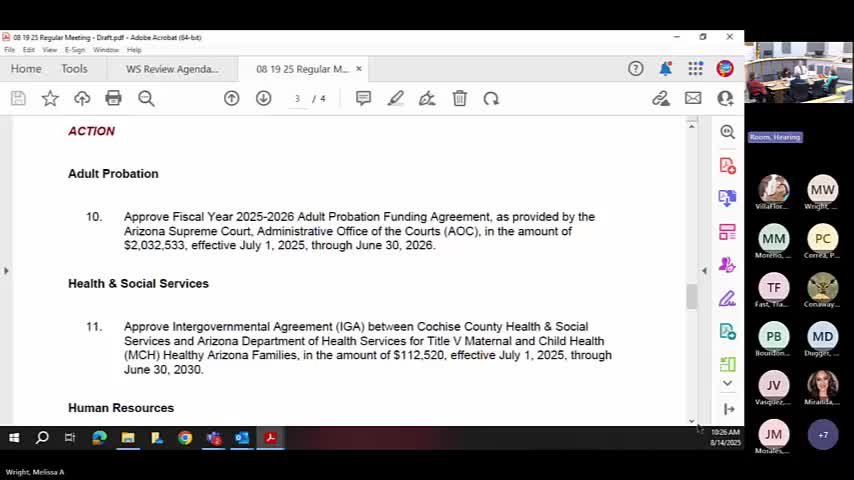Senate Inaction Defined by Delays
In recent years, one definite hallmark of the U.S. Senate has been its notable tendency to spend more time on matters without significant progress.
This summer, the stakes for inaction are particularly high. Currently, there are 144 candidates nominated by President Trump, including vital judicial appointments and key positions in national security and the economy – all stuck in the Senate. This backlog also includes numerous ambassadorial candidates, crucial for maintaining relations with strategically important countries.
What’s causing this logjam? A relentless campaign of procedural delays. Senate Democrats are employing every stalling tactic imaginable, making it frustratingly difficult to confirm these essential appointments and implement President Trump’s agenda.
Senate Majority Leader John Toon now faces a decision. He could take the customary August break, allowing government work to come to a halt. Or he could opt to keep the Senate in session until these critical appointments are confirmed.
The better choice seems pretty clear.
Democrats have, it appears, settled into obstructionism as their dominant strategy. They’re lacking votes to challenge laws or alter enforcement decisions effectively. They can’t undo tax reforms or halt the president’s regulatory rollbacks. They also can’t stop efforts to rebuild the military or the anticipated energy renaissance. However, they can delay government operations by leaving key positions vacant and halting significant decisions.
The irony here is substantial. Since President Trump took office, Senate Democrats have forced candidates into time-consuming confirmation votes after receiving bipartisan support. It isn’t really about qualifications or controversies; it’s more about creating delays for the sake of it.
This isn’t how the Senate is supposed to function. Traditionally, presidential nominees, especially those with clear qualifications and little controversy, would be confirmed quickly, often through voice votes or unanimous consent. But nowadays, even routine appointments have become political flashpoints for Democrats. It’s less about scrutinizing candidates and more about creating gridlock.
Consider the State Department, where there are currently 31 ambassadorial positions that remain open. The U.S. is represented in key capitals by holdovers from the Biden administration or temporarily acting foreign service officials. With evolving alliances, authoritarian threats, and economic uncertainties shaping global dynamics, having qualified representatives overseas isn’t just advantageous; it’s a necessity. Each day these roles remain unfilled risks the U.S. losing ground to its adversaries.
The judicial sector is another critical area. President Trump’s significant achievements involve reforming the federal judiciary by appointing jurists who respect the Constitution, interpreting laws from the bench rather than legislating. Yet, there’s a danger of Democrats stalling votes for appropriate judicial nominees. Again, this isn’t necessarily due to ideological differences but rather pure political maneuvering.
The Republican majority has a responsibility to the American people to do better. Leader Toon and his party have the tools and authority to overcome this obstruction, but it requires a commitment to fight for it. The Senate calendar is controlled by the majority, and it simply isn’t feasible to take a break in August while the backlog persists.
Cancel the recess.
Let the Democrats explain to Americans why they prefer keeping empty desks in Washington over ensuring qualified individuals take on essential roles. Let them articulate why Americans would benefit from greater security and economic stability, yet their answer is simply “just wait.”
And let Republicans prove that they are genuinely willing to fulfill their governing responsibilities, even if it means forgoing the comforts of home in August.
Keeping the Senate in session sends a clear message to federal bureaucrats. The Trump administration, whether fighting against bureaucratic inertia or stalled Senate processes, must not be ensnared by procedural games. The president was elected with a mandate to shake up Washington; if his appointees remain sidelined, progress cannot be made.
This transcends partisanship; it’s a fundamental issue of governance. The president is entitled under the Constitution to fill enforcement and judicial positions, and the Senate is constitutionally obligated to provide advice and consent. There’s a distinction between deliberation and obstruction.
Leader Toon should cancel the August break and keep the Senate in Washington until the backlog of candidates is resolved. While Democrats may continue stalling, this is the moment for Republicans to assert control over what they can—time.
This summer, Americans don’t need another vacation from Washington. They need action, leadership, and a functioning government.
Senate Republicans ought to get to work.







